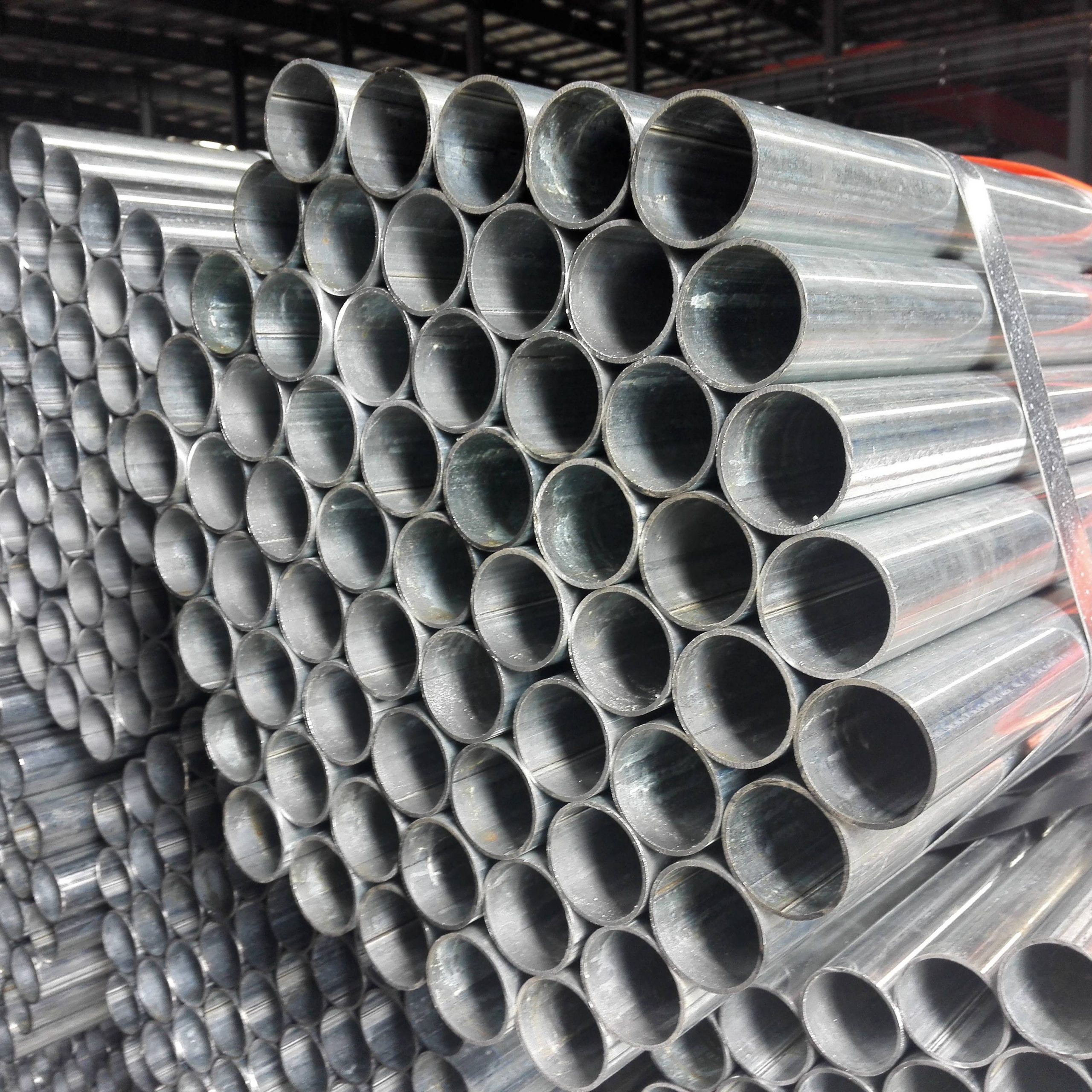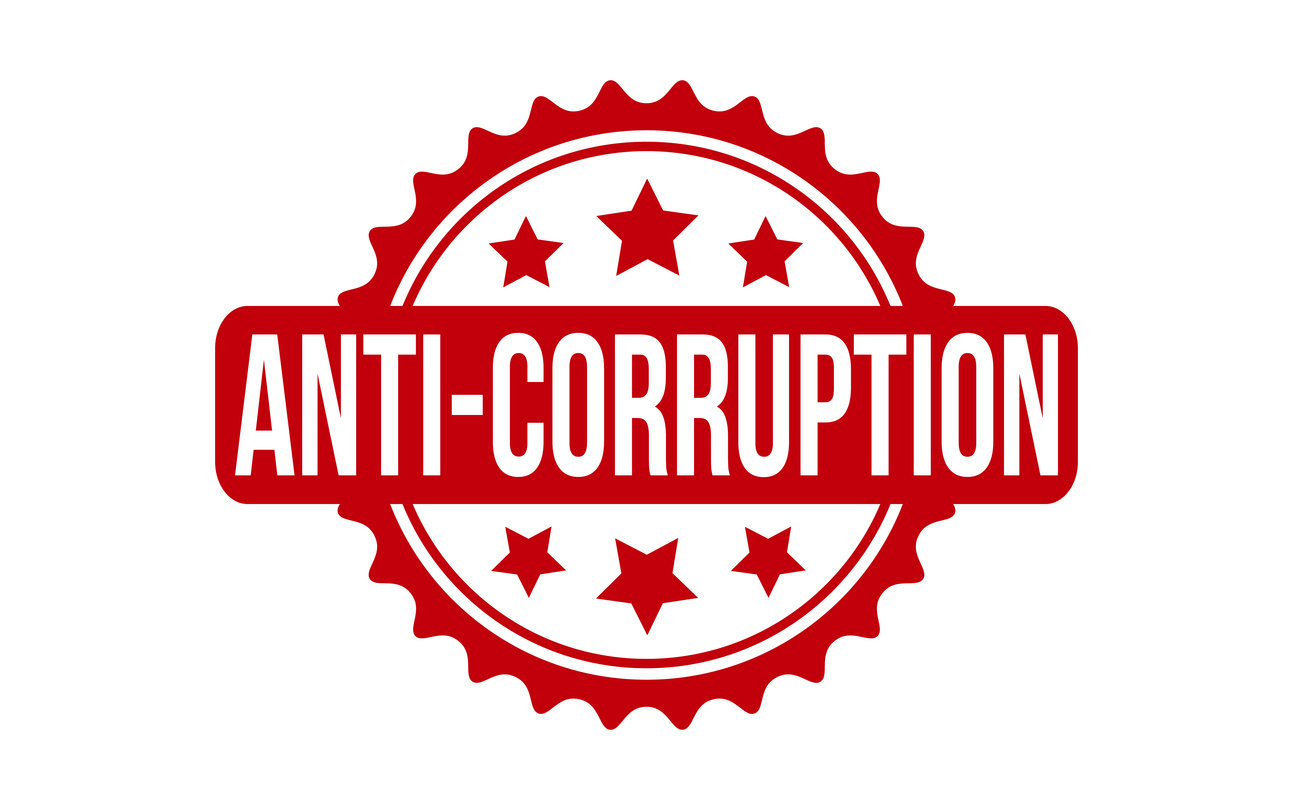How To Export Flexible Metal Tubing From Nigeria: The Benefits of Trading In FMT
How To Export Flexible Metal Tubing From Nigeria: The Benefits of Trading In FMT
Metals have been used for centuries, but the way we use them has changed over time. Today, metal is a vital part of our daily lives. It’s a key component in everything from cars and airplanes to construction and renewable energy. Every year, billions of pounds of metal are imported into Nigeria from countries like China and Russia. However, some people want to find a way to import metal manufactured in Nigeria instead. In order to buy more Nigerian-made products, you need expertise in exporting flexible metal tubing from Nigeria. This blog will give you all the information you need about the benefits of trading in FMT.
Why you should export flexible metal tubing from Nigeria
One reason you should export flexible metal tubing from Nigeria is to create more jobs in your country. Nigeria is a nation of over 190 million people. The unemployment rate is over 20 percent. For people living in Nigeria, their livelihoods depend on the export of goods. If you start exporting flexible metal tubing from Nigeria, it will create jobs for Nigerians and bolster the economy.
You can also export flexible metal tubing from Nigeria to reduce your reliance on foreign imports. In a country like Nigeria where a substantial amount of goods come from abroad, a robust export industry would make it easier to find products manufactured domestically.
Exporting flexible metal tubing from Nigeria also has environmental benefits. When you import goods from abroad, these goods have to be shipped across the globe in large containers that emit carbon dioxide into the atmosphere. By exporting flexible metal tubing from Nigeria, you won’t have to worry about the carbon footprint of your products. You’ll know that they’re not contributing to climate change by being shipped across the world in large containers.
Exporting flexible metal tubing from Nigeria also has a number of benefits for entrepreneurs and small-scale manufacturers.
Paragraph: It can help small-scale manufacturers find a global market
Par
What is FMT?
Flexible metal tubing, or FMT, is a type of metal that is soft enough to be molded into shapes. It can be bent, shaped, and welded. FMT is used in a variety of industries, including construction, food processing, and oil and gas.
Flexible metal tubing has many benefits. It’s light and easy to install, making it a valuable asset to any project. It’s also corrosion-resistant and economical. Finally, it can be used in a wide range of industries.
If you have any interest in exporting flexible metal tubing from Nigeria, then you need to know the benefits of trading in this type of product. It’s important to know that FMT is a new type of product in Nigeria and is being embraced by both businesses and consumers.
In Nigeria, there are three types of FMT: plain pipe, tube and wire. And while the Nigerian market is still in its early stage, FMT is gaining popularity in certain sectors. The tube form of FMT has been used for the past few years in the food industry in Nigeria.
The demand for FMT has increased at an exponential rate since 2013, with Nigeria exporting more than $14 million
How to export FMT
When you export FMT, you’re trading metal tubing that was manufactured in Nigeria for other goods. This type of trade is beneficial to Nigeria because it encourages locals to start a business and manufacture metal tubing. In order to successfully export FMT, you’ll need to complete a few important steps.
First, you need to have a company registered in Nigeria. This company will represent your business and will take care of all the paperwork. Next, you need to register as a trader with Nigeria Customs Service. This is a requirement for exporting any goods, no matter the volume.
Once you’ve done those steps, you’re ready to export flexible metal tubing from Nigeria! If your company is planning on exporting a large volume of goods, you may want to hire a broker. You can search online for a broker that specializes in exporting FMT.
As long as you follow these steps, exporting FMT will be easy and profitable for your company!
How to get a Nigerian Export License
In order to import or export metal from Nigeria, you need a Nigerian Export License. If you want to sell a product in Nigeria, you need a Nigerian Import License. The Nigerian Export Licenses Agency (ELEA) is in charge of issuing Nigerian Export Licenses. You can get a Nigerian Export License from ELEA if you have been granted a Letter of Approval from the Nigerian Customs Service. With a Nigerian Import License, you can get clearance for your goods through Customs before they enter the country.
It costs ₦6,000 to get a Nigerian Export License and it takes about 14 days to process your application. You will need to provide ELEA with a company profile, a letter of approval from Customs, and a copy of your company registration certificate.
Once your application is approved, you will get a letter from ELEA confirming your Nigerian Export License. Make sure you keep this letter safe and handy because it is proof that you have been granted an export license by ELEA.
Choosing the right packaging and shipping method
One of the key steps in exporting FMT is choosing the right packaging and shipping method. The type of packaging you choose depends on the type of metal tubing you are exporting, as well as the final destination. For example, if you are exporting steel to Nigeria, you should choose a container that is suitable for ocean freight. If you are exporting aluminum to Nigeria, you should choose a container that is suitable for air freight.
Choosing the wrong type of packaging can put your shipment at risk. It could be damaged during transport, or it may not arrive at its final destination within the timeframe that it needs to be delivered.
It’s also important to choose the right shipping method. You may need to ship your FMT by boat, plane, or truck. Selecting the wrong method could result in higher shipping fees, longer travel time, or damage to your shipment during transport. For more information about how to export flexible metal tubing from Nigeria, please read this blog post at your convenience.
Conclusion
If you’re looking to import metal into Nigeria, you first need to understand the different types of metal and the benefits of trading in FMT.
There are two types of metal: ferrous and non-ferrous. Ferrous metals contain iron and include steel and stainless steel. Non-ferrous metals do not contain iron and include aluminum, copper, and bronze.
There are many benefits of trading in FMT. One of the most important is that FMT is more flexible than other metal types. It can be stretched and pulled without breaking, so it’s ideal for use in pipelines. FMT is also easy to work with and can be machined to exact specifications.
There are many benefits to trading in FMT, but it’s important to consider the drawbacks as well. For example, while there are multiple grades of FMT, it can be hard to find a good grade for manufacturing certain products. This means that while FMT may be a good choice for certain projects, it may not be the best option for others.








LEAVE A COMMENT
You must be logged in to post a comment.